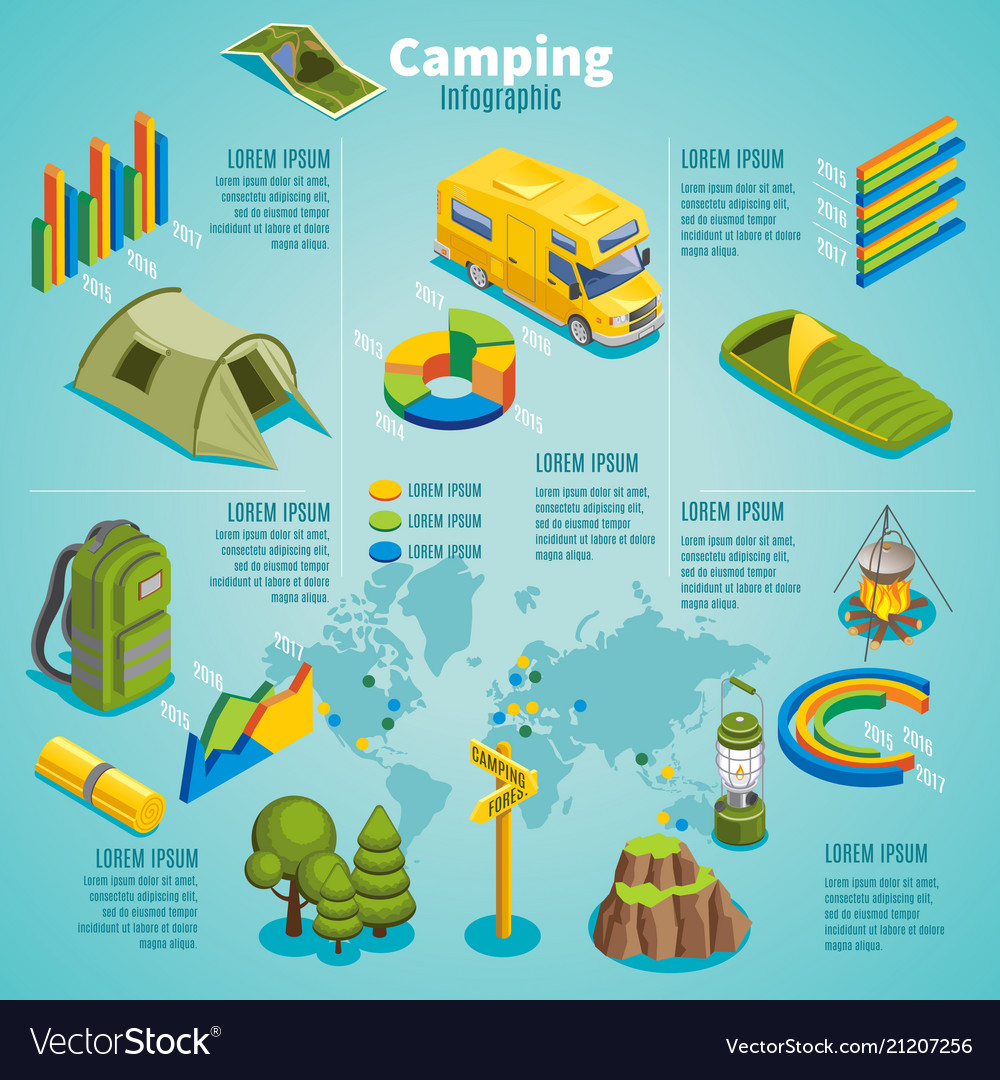Choosing the right framework product is essential for event camping tents. Whether it's layered steel for spending plan tents or plated light weight aluminum for heavy-duty applications, there are lots of factors to consider to keep in mind.
Steel frameworks are common in lower-priced pop-up tents yet are prone to deterioration despite finishings and require regular upkeep. Light weight aluminum is lightweight, naturally resists rust, and stands up well in humid or seaside atmospheres.
Steel
When it comes to ensuring the toughness of customized tents, the product utilized in their frames plays a vital function. Steel and aluminum alloys both offer premium longevity, but each deals one-of-a-kind advantages that make it proper for various kinds of environments. Steel is optimal for tough problems, while aluminum master standing up to rust and reducing upkeep costs.
When occasion hosts select the appropriate outdoor tents for their requirements, they need to take into consideration aspects like expected climate condition. For example, frame outdoors tents usually do better in gusty or rainy conditions than pole tents due to the fact that they don't count on a main pole to sustain the structure. Nevertheless, the links between framework items can weaken in high tension circumstances. Recognizing these weak points and carrying out routine examinations can help prevent potential damage.
Steel frameworks are hard to reduce, weld or shape, which can require specialized tools and boost labor prices. In addition, they have a tendency to corrosion or corrode conveniently and might need extra protection or finishes. Additionally, steel is very heavy and can trigger concerns when transferring a cover. It's additionally hard to store for long periods of time due to the fact that it takes up extra room than light weight aluminum structures.
Aluminum
Light weight aluminum is a popular structure material for canopy outdoors tents because it's light-weight, rust-resistant, and easy to move and establish. It additionally gives an extra steady sanctuary during gusty conditions than steel frameworks. Aluminum is less prone to tearing and any damages can be conveniently repaired, prolonging the life of the tent. It also breathes to reduce condensation and offers superior acoustic insulation to dampen outside noise.
The sturdiness of light weight aluminum framework outdoors tents is additionally boosted by the all-natural oxidation buildings of the metal. It creates a compact oxide layer that protects the surface from corrosion and stains. Because of this, the longevity of a light weight aluminum turn up tent can be boosted even further when the frame is anodized.
Plated aluminum is more powerful than steel and can withstand high wind speeds. Additionally, the finish stands up to rust and discolorations, expanding the life expectancy of the camping tent. Furthermore, anodized aluminum is recyclable and lasting, making it suitable for businesses seeking LEED qualification. The combination of these buildings makes light weight aluminum a more economical alternative than steel for big, heavy-duty camping tents, such as those made use of to accommodate commercial tools and storehouse supply. Steel, on the other hand, is a lot more costly because it requires expensive alloys such as nitrogen, molybdenum, and chromium to boost strength.
Iron
Iron framework outdoors tents commonly last up to 15 years if the right care and maintenance is used. This consists of routinely cleaning up material and checking metal elements for rust and wear. By taking these steps, event hosts can optimize the integrity of their structures and guarantee their ongoing efficiency in tough settings.
Steel is an excellent material for constructing long lasting outdoors tents, especially for usage in rough climate condition. It is a strong, sturdy, and budget friendly product that offers stability and resilience for a large range of applications. However, steel is prone to rusting in moist and seaside settings. The enhancement of protective layers and normal maintenance can help to mitigate this threat, yet these initiatives enhance total maintenance costs.
On the other hand, light weight aluminum is a much more durable selection for a personalized camping tent due to its natural oxidation residential or commercial properties. When plated, light weight aluminum ends up being super-strong and up to 3 times more challenging than basic light weight aluminum alloys. This makes anodized aluminum the second-hardest material beside diamond (satellites, airplane, and armed forces vehicles all make use of anodized light weight aluminum). In addition to its sturdiness, anodized light weight aluminum is additionally extra immune to corrosion than steel. These elements make aluminum a sustainable fashion superb option for pop up cover tents and add to their capability to carry longer service warranties (5, 7, and even lifetime structure guarantees). In addition, light weight aluminum is 1/3 the weight of steel allowing for a much thinner structure style for more customization choices and raised strength.
